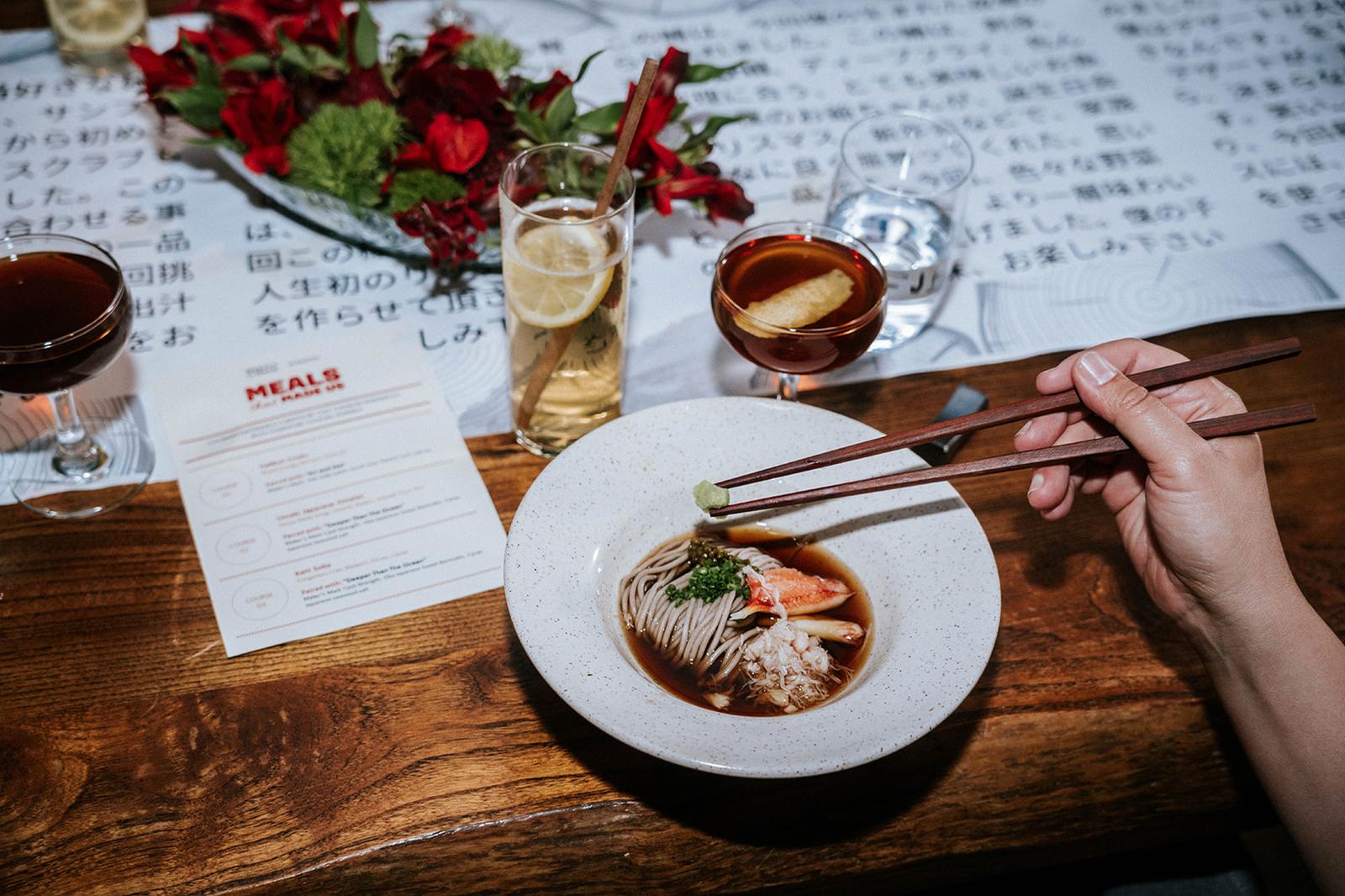Now more than ever before, businesses are using video to captivate their audiences and convey their message. Video is powerful because it can show even more detail than just a photo may convey. This does not mean that photos should go away, because they are also going to enhance your brand, but using video and photo together for different purposes will only make your brand stronger.
One way that your venue can use video is to record virtual site visits. In the current state of COVID-19, the thought of being able to see everything you want to see from a venue without leaving your home is definitely a benefit. Even looking to the future, a virtual site visit could be a great way for event planners to see if the venue is worth visiting in person, therefore saving more time in their busy days.
When it comes to the art of creating video, there are various tips and tricks recommended by videographers that you may want to consider.
The objective
Always keep the purpose and end goal of the video in mind. By conducting a video walk through, the goal is that the prospective client would be watching the venue’s event manager walk through the space, just like what would happen in person. This means that the event manager will be the friendly and engaging persona in the video, being followed by the camera crew who takes the footage. The event manager needs to be able to convey the experience of the venue in his or her voice throughout the video, just as the actual video footage itself will. The event manager should be prepared with a background on the venue, answer common FAQs, and provide details about events at the venue throughout the walk through in order to give as much information to the prospective client as possible.
The action plan
The camera crew will want to get shots with and without the event manager walking through the space, and in the editing process, voice over can be added as needed over anywhere to describe what is in the camera view. The video team should come in with a game plan to get different types of shots - establishing shots of the overall big picture, shots of the surrounding neighborhood or city outside the venue, and then various context shots of the venue itself. Walk the client virtually through the space from outside the building, into the entrance way, through the dining room, to the event spaces, through outdoor areas, and point out any important amenities that add value to the space. The venue could create multiple videos for different event set-ups or try to show different set-ups in each room on the tour. The venue could even rearrange the room in between video takes in order to show the private dining room set for 40 seated guests vs 80 standing guests, for example. Giving as many visual perspectives in the form of video will truly allow the prospective client to imagine his or her event in some capacity at your venue. Other added touches could be shots of food and drinks, close-up shots on beautiful decor, special amenities, and even live events going on in the space at the time (with the necessary photo permissions).
Video editing
Once all of the footage has been recorded, now it is time to piece it together into one video. This will require using an editing program like Adobe Premiere Pro or iMovie, to combine all the pieces into one. Some ideas for editing the video walk through could be to add smooth transitions where necessary, use text at the bottom of the screen to indicate which private dining room is in shot along with the space capacity, add voice overs in areas without the event planner, and include uplifting but subtle background music. A tip for editing with music is to always edit to the beat of the music - so if you include a quick series of different shots for example, then transition to a new shot on each beat of the music. This chops the music in sync with the shot changes in the video.
Other forms of virtual video
A video recorded walk through is only one of various ways that you could incorporate a video or live aspect to your venue’s marketing. By using photos taken on a specialized panoramic camera, you could create a 3D virtual tour of your venue as well. Facebook even has a special feature for adding 3D tours on your Facebook page. This may have a different impact than a video does, but could potentially resonate better with some guests wanting to virtually tour at a slower pace. Specialized cameras can even create 360 tours as well by setting up the camera to capture the full 360 shot of the space. Depending on your budgets, and what sounds best for your venue, there are countless possibilities for adding a virtual video aspect into your venue’s marketing objectives. Once these video projects are complete, be sure to use them on your website, social media platforms, and in email communications with prospective clients.



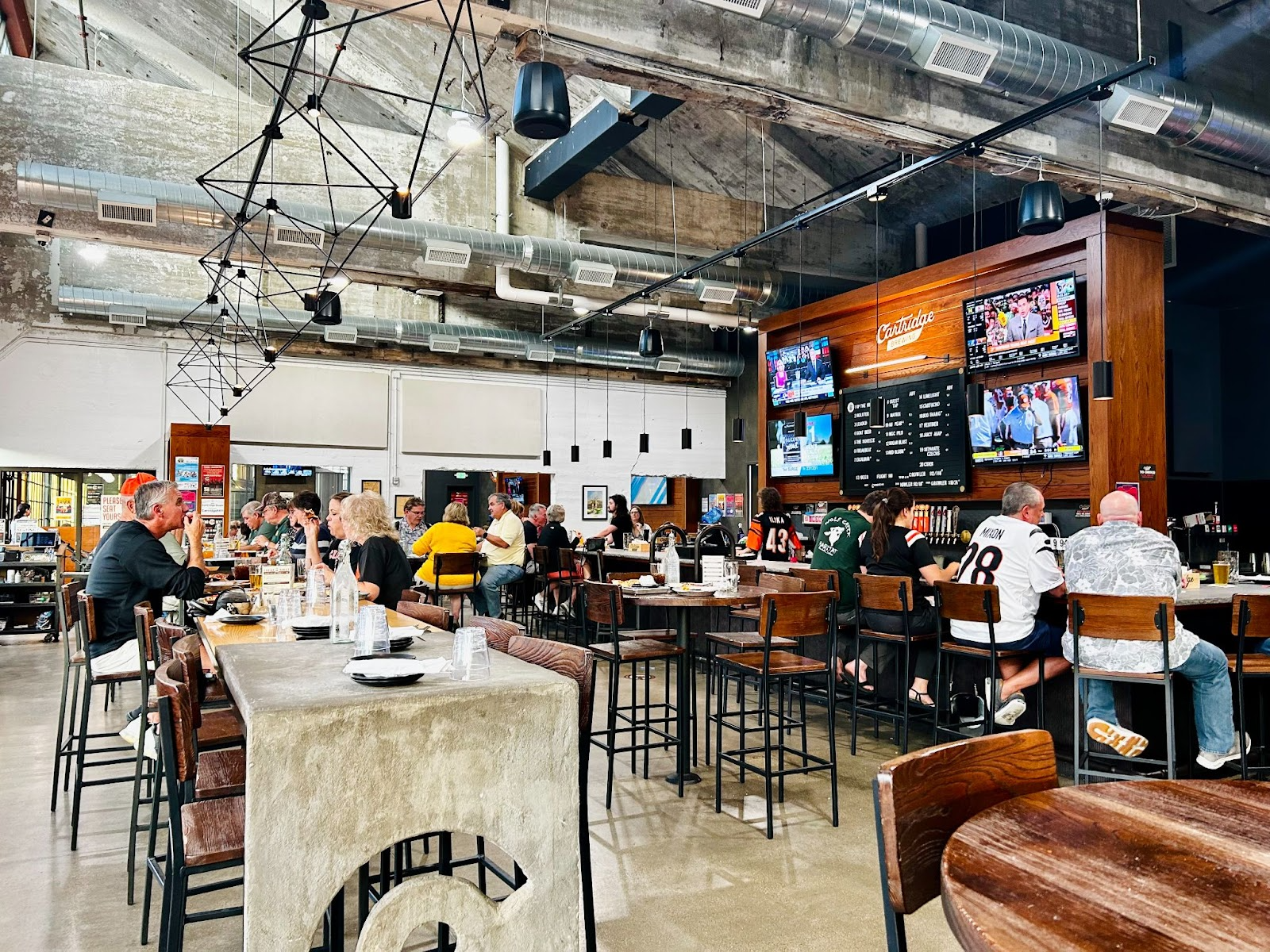
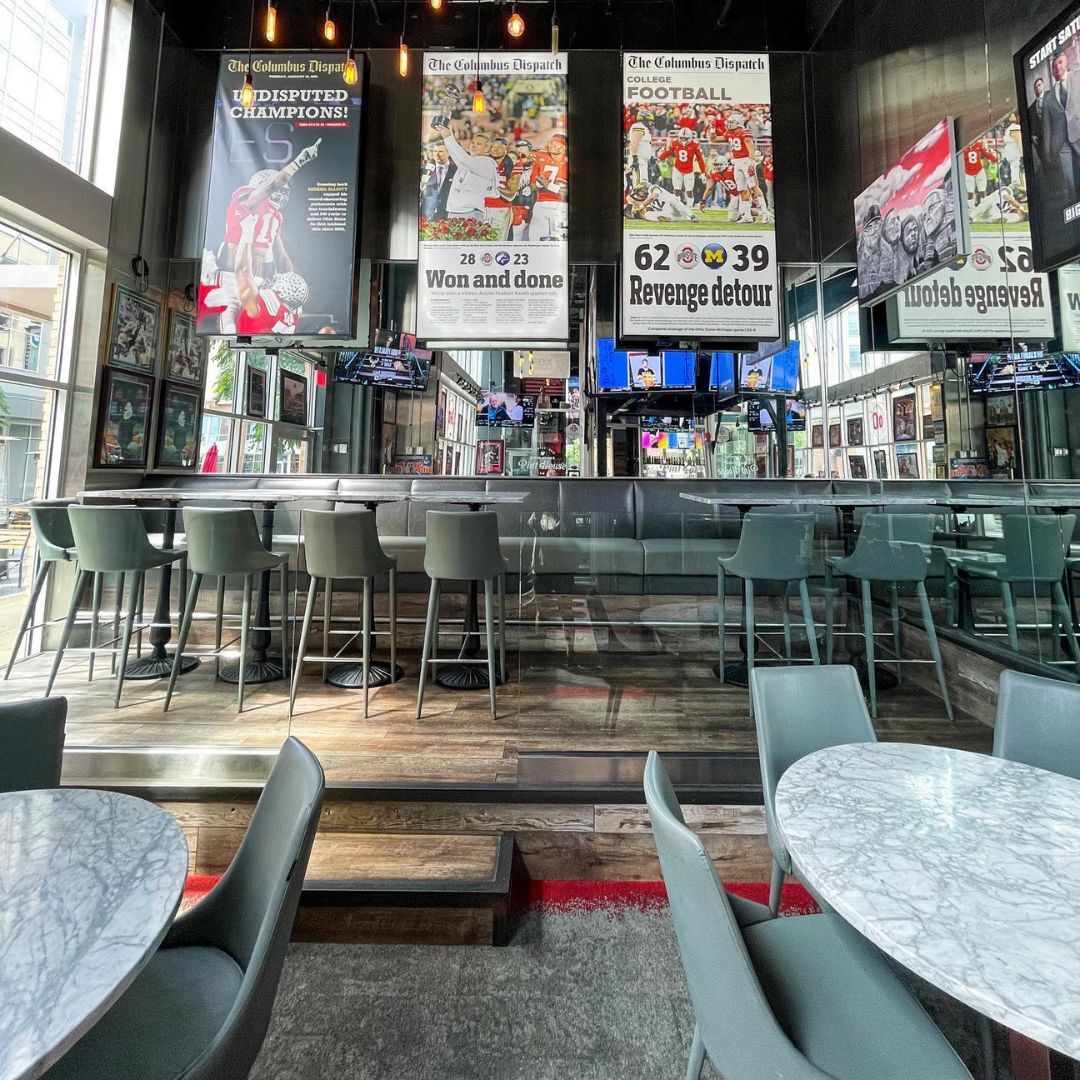
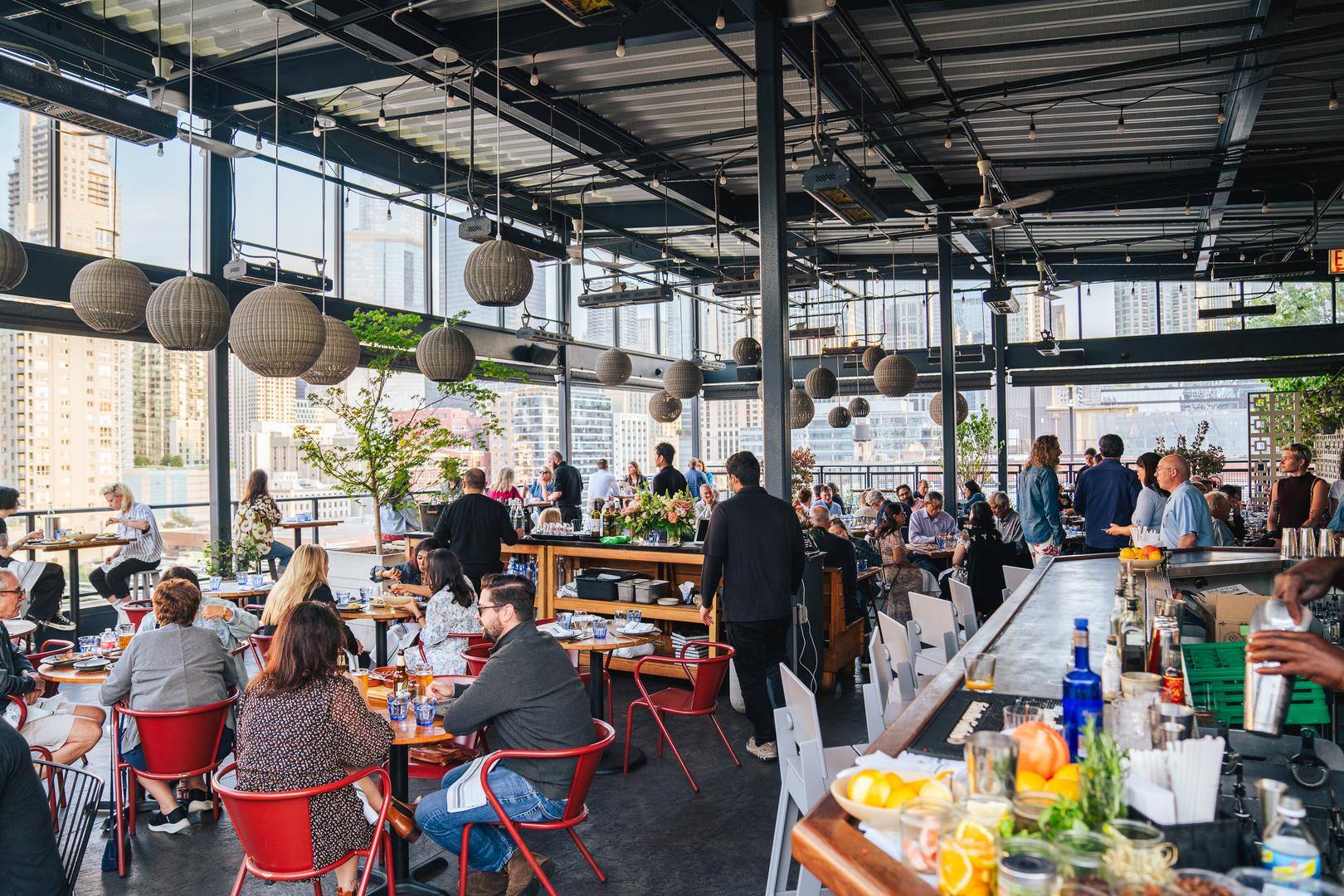
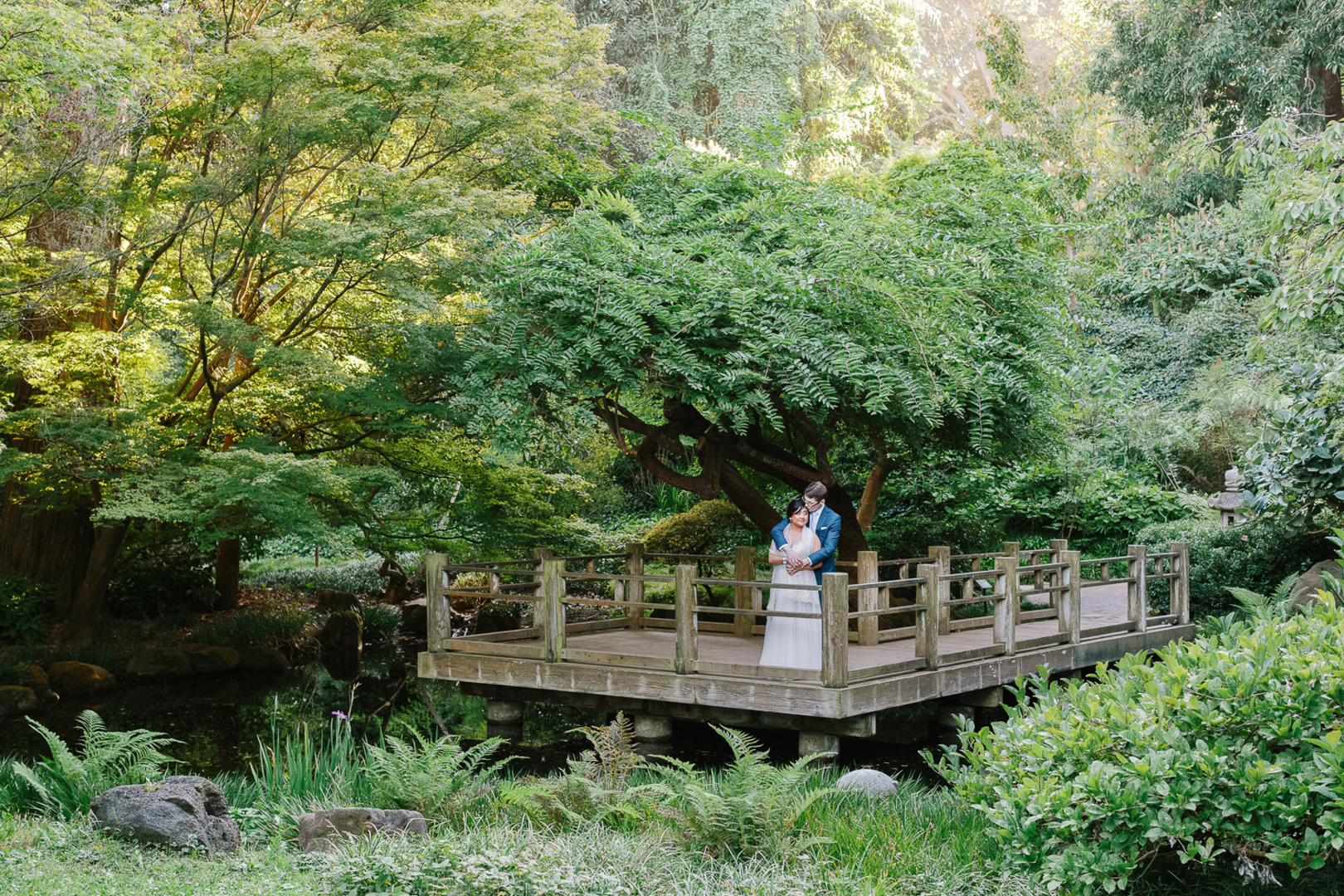
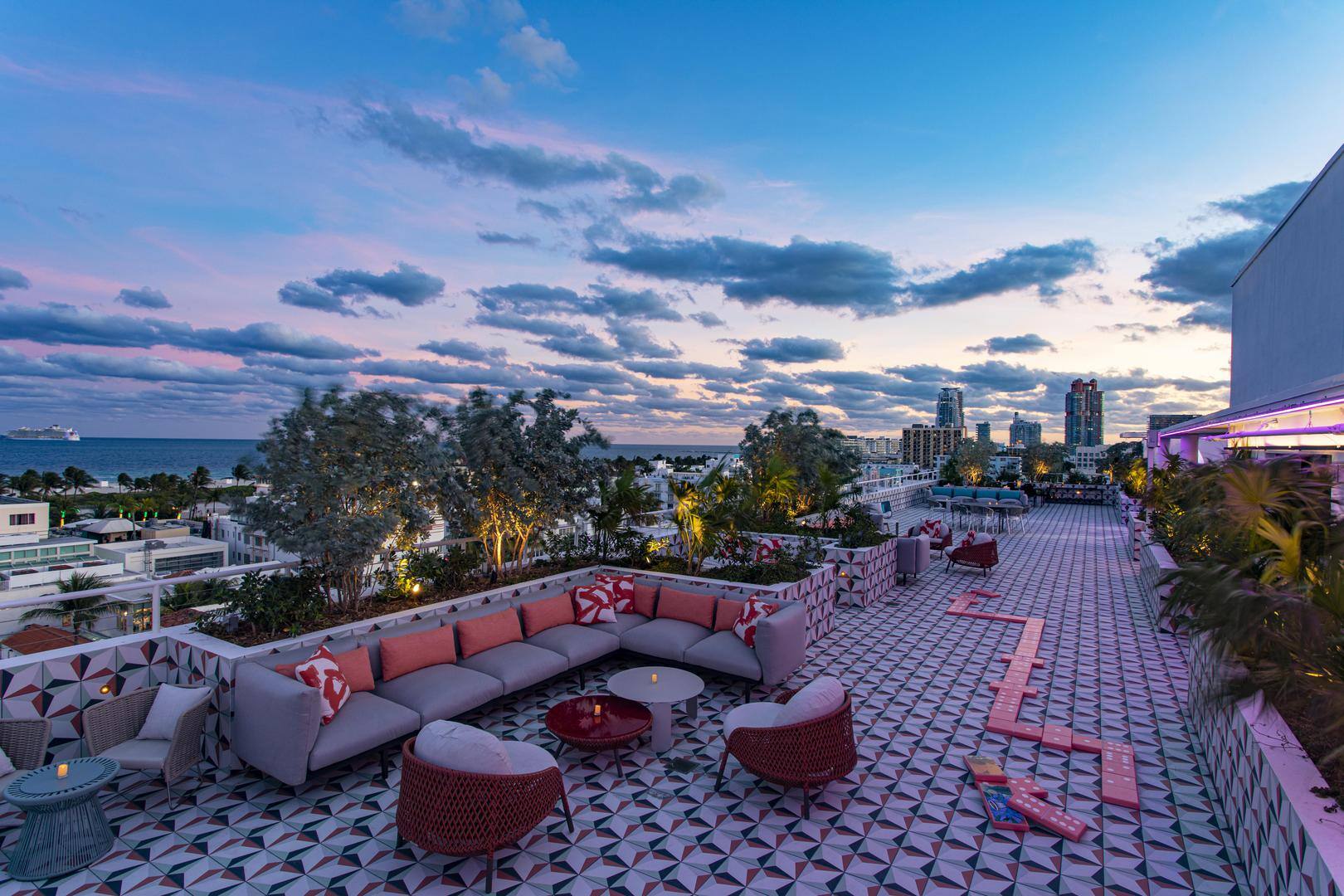
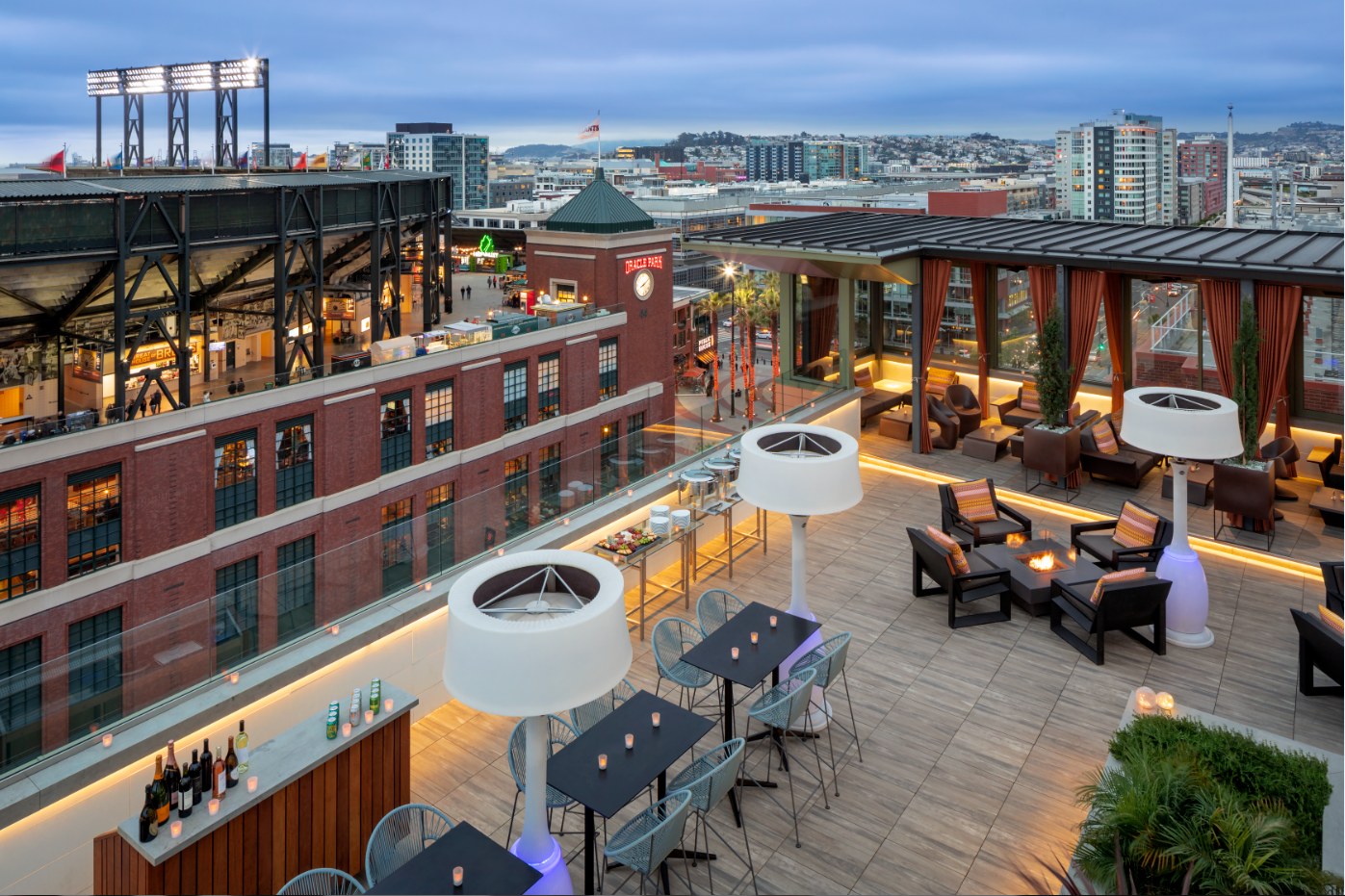

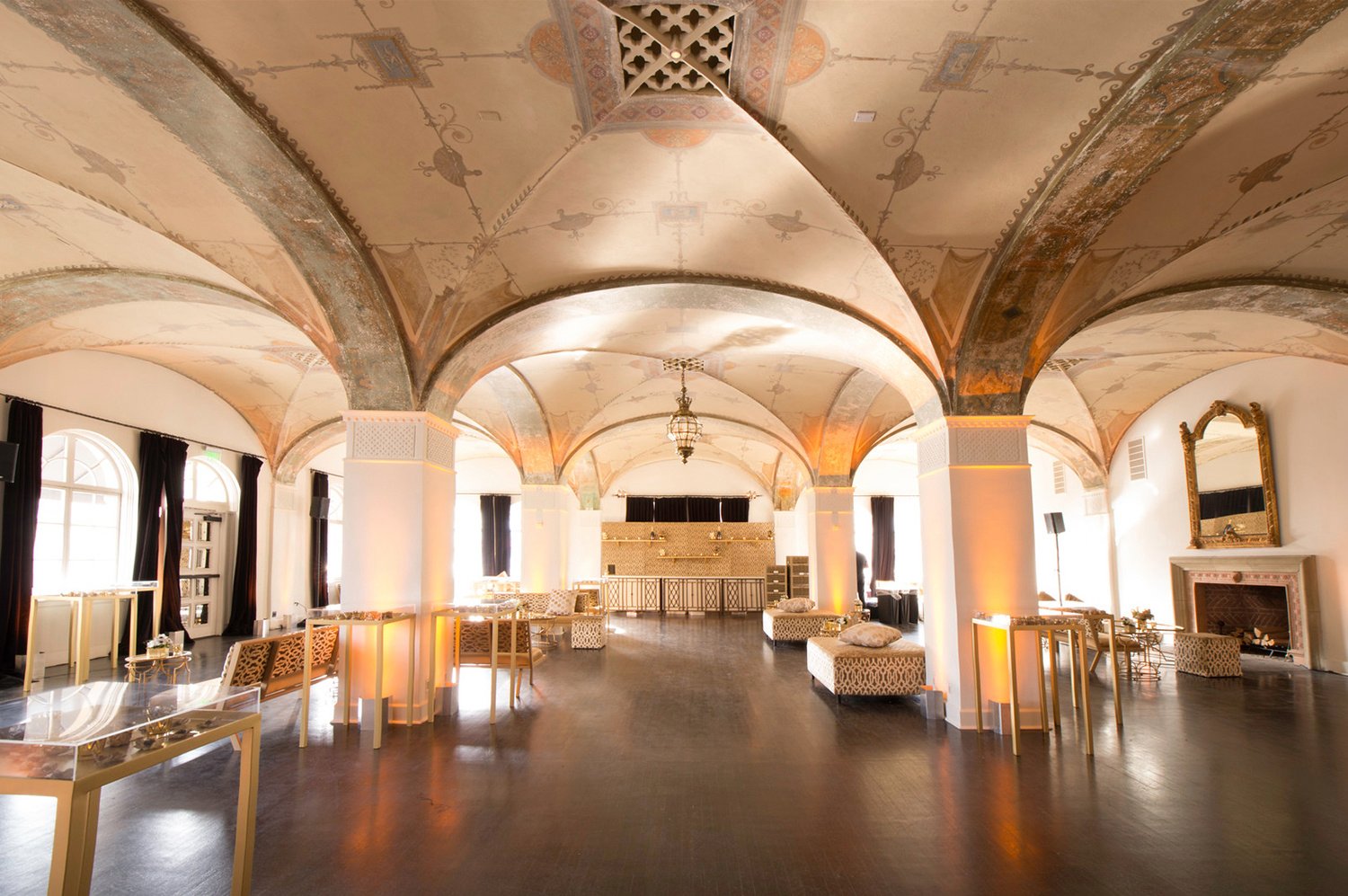

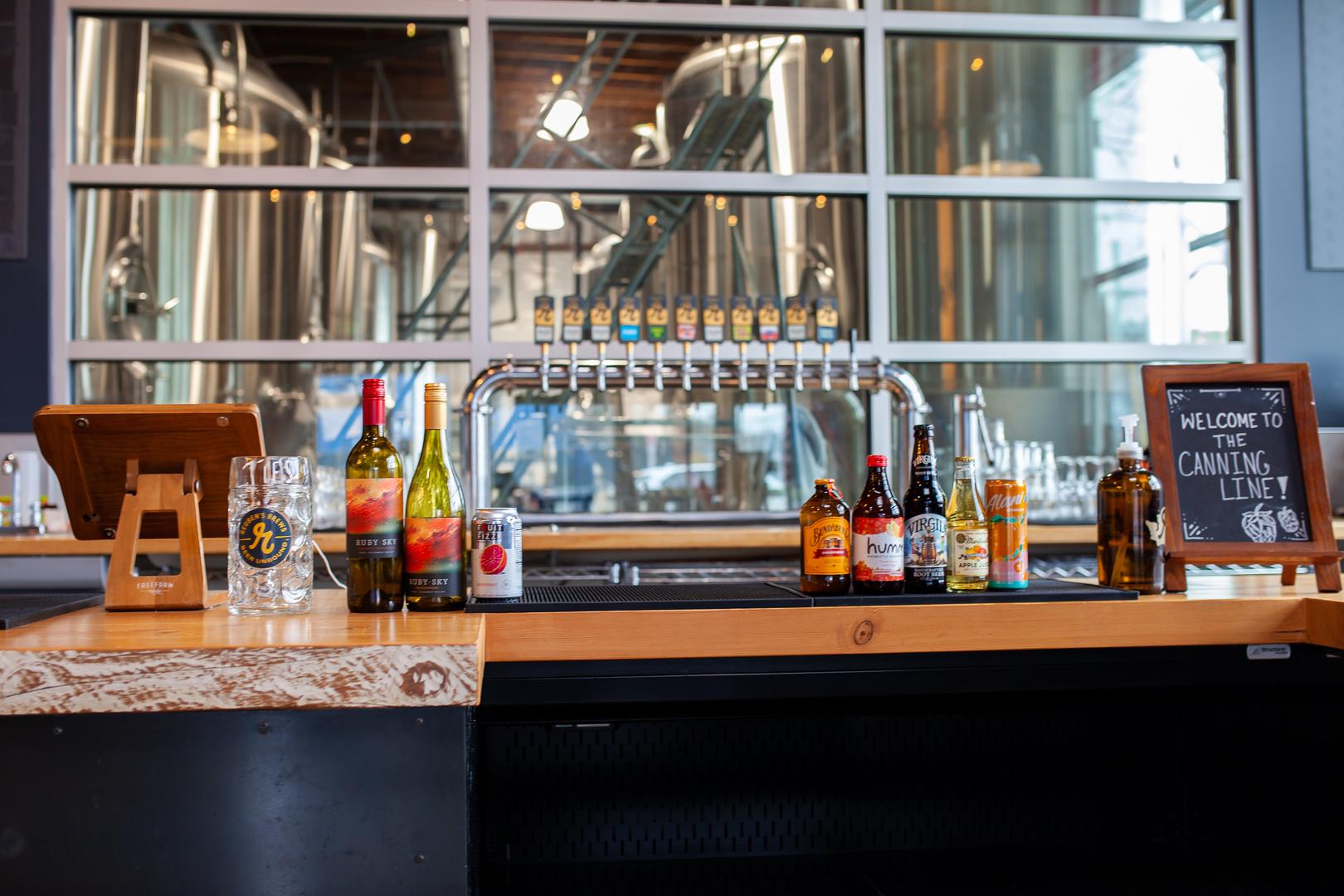
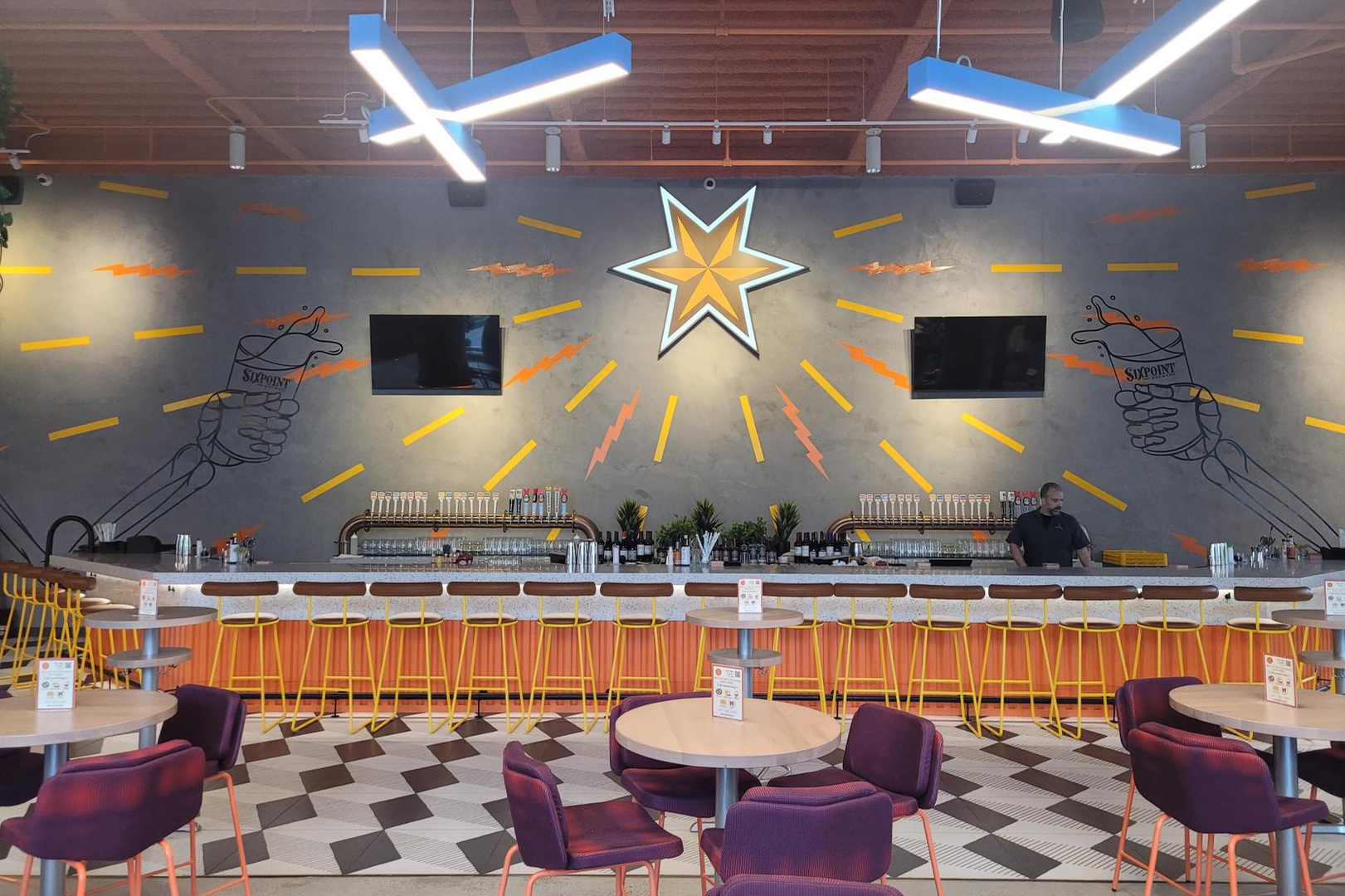
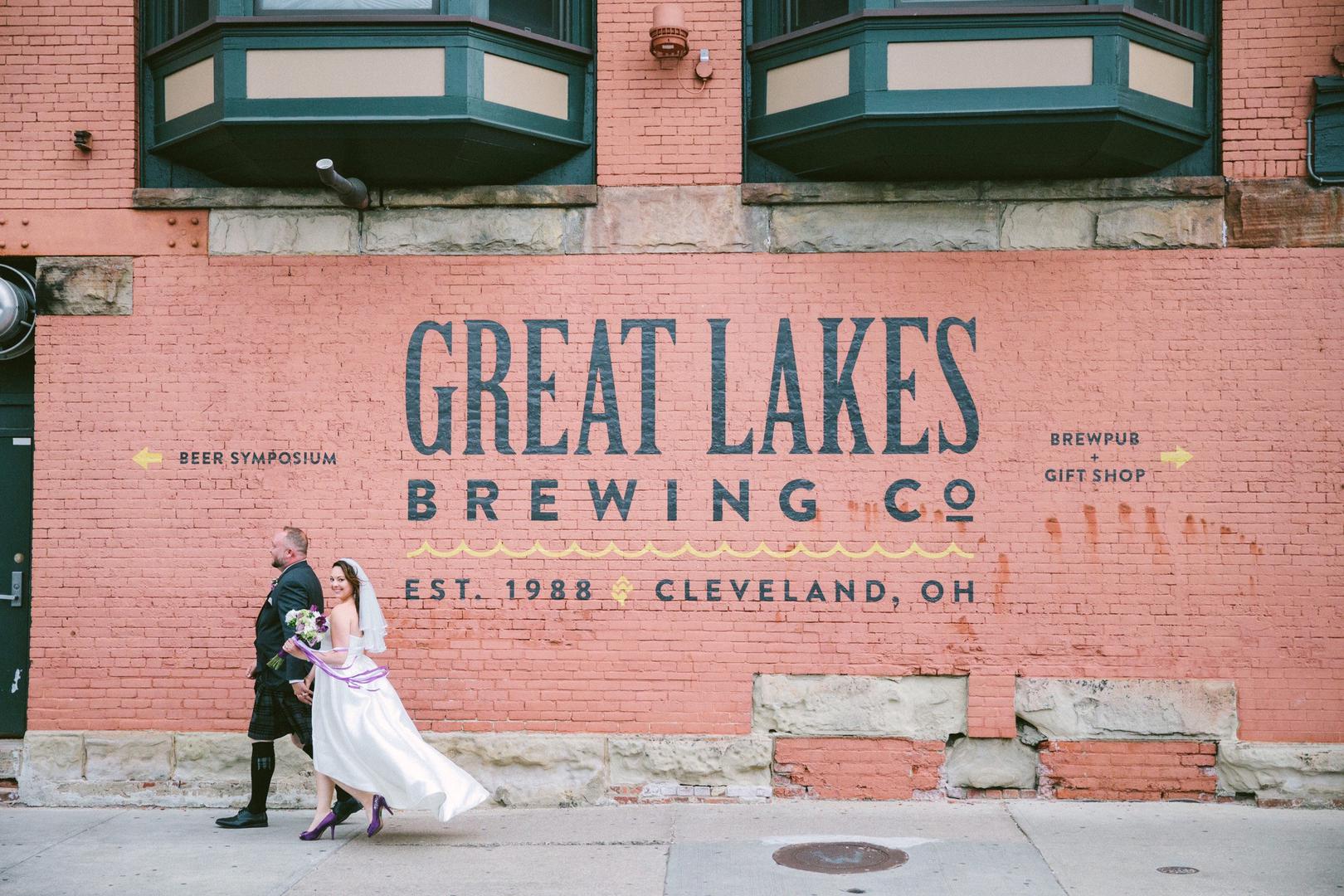
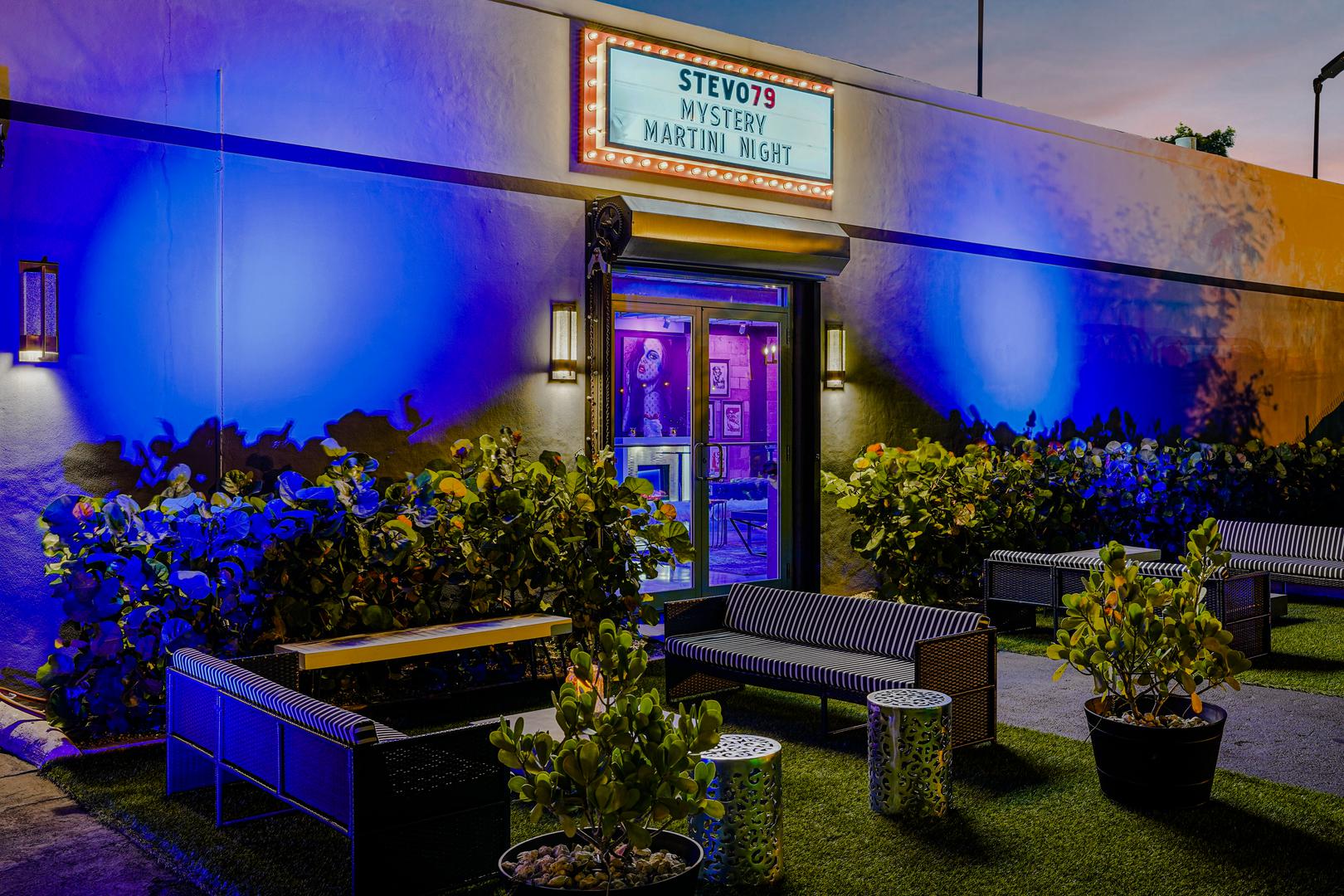
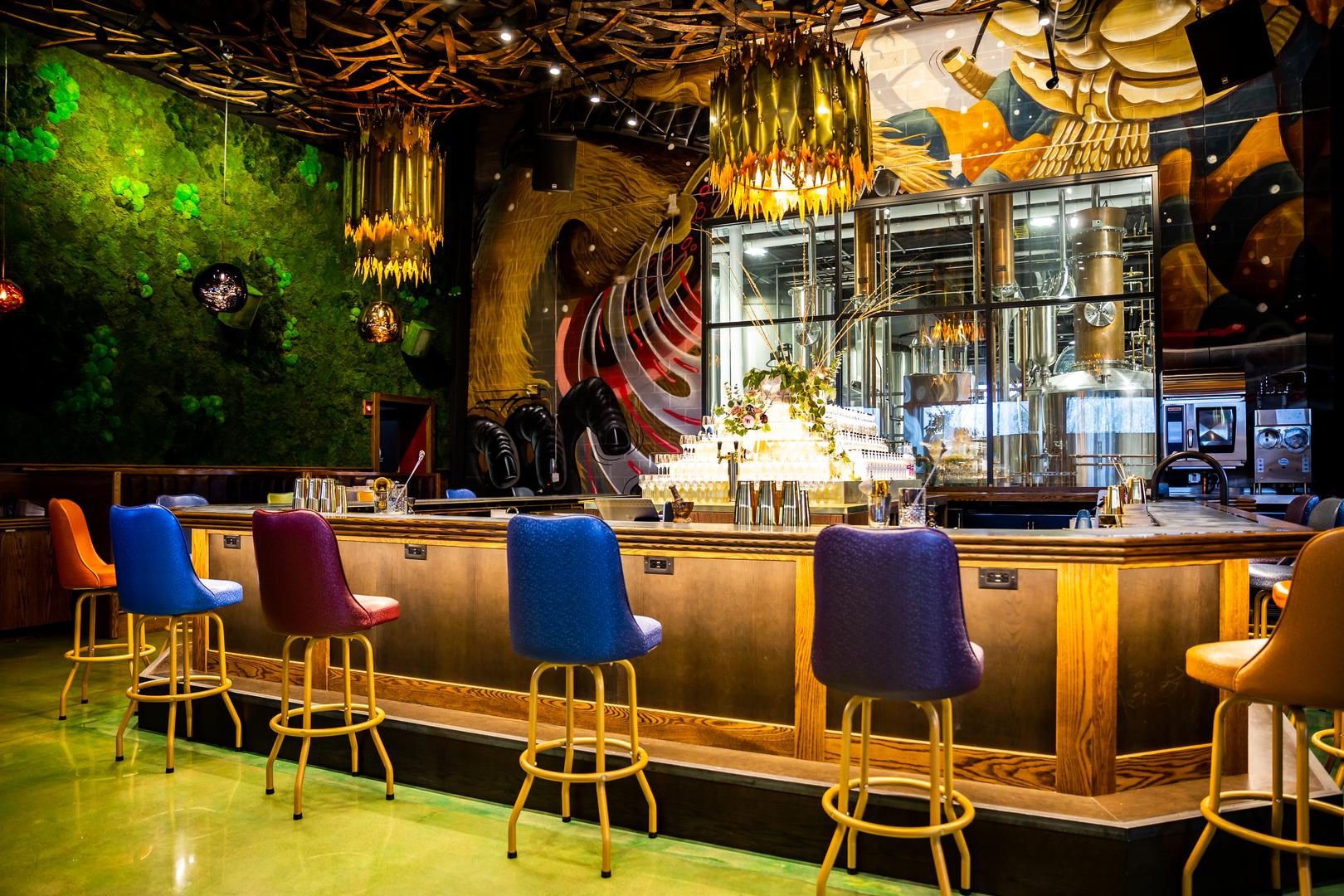
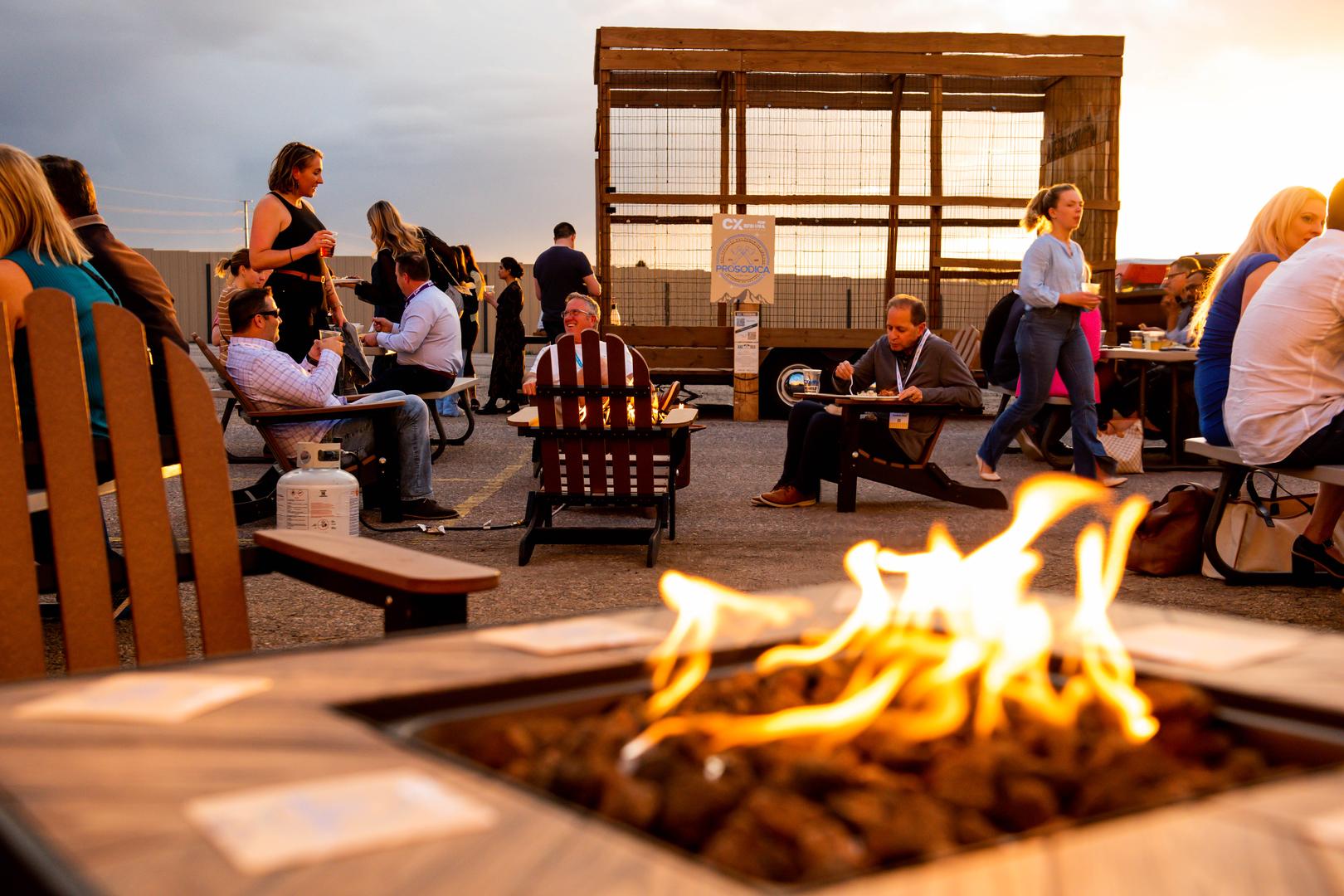

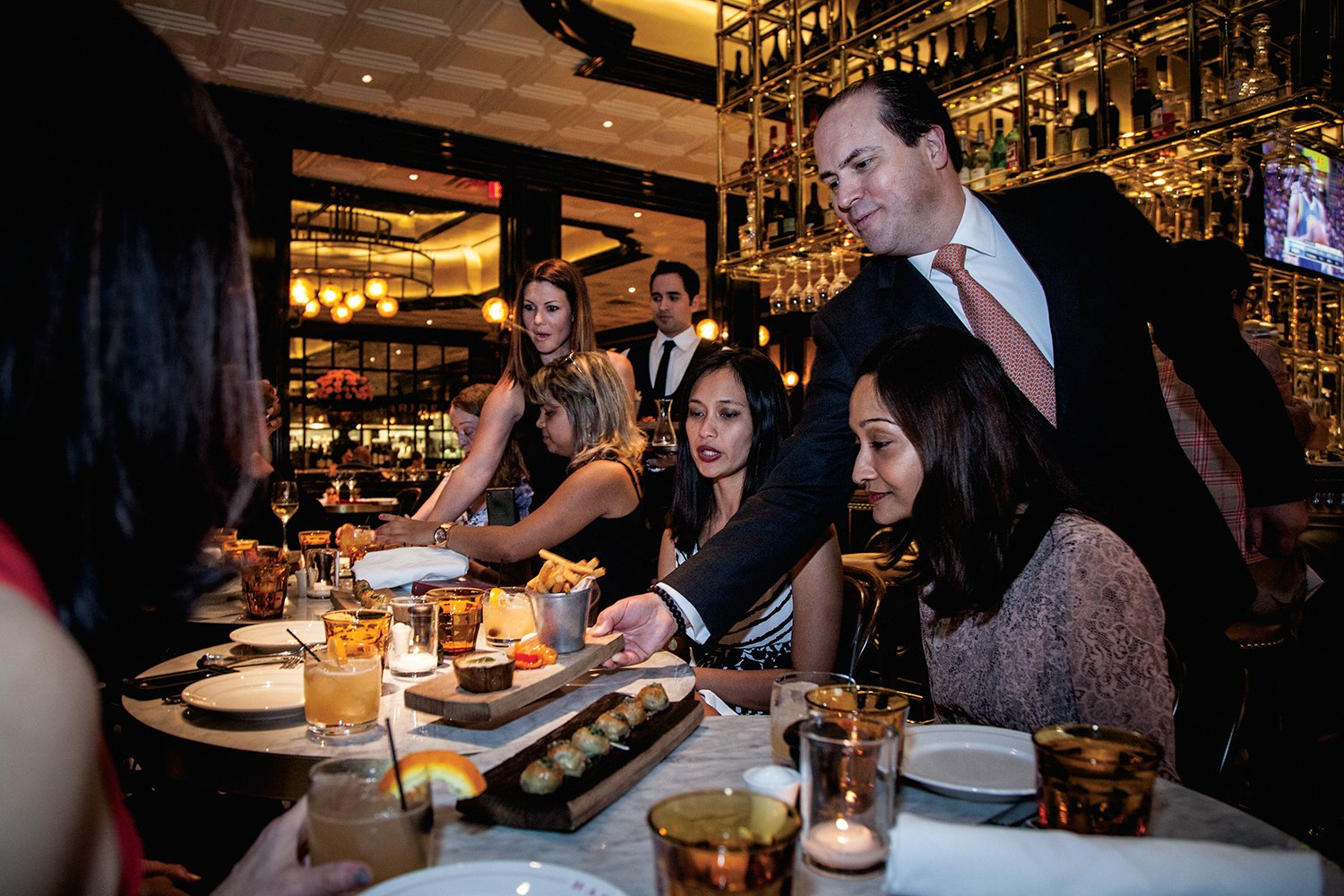
%20Where%20to%20Eat%20Near%20Willis%20Tower%20in%20Chicago.png)
